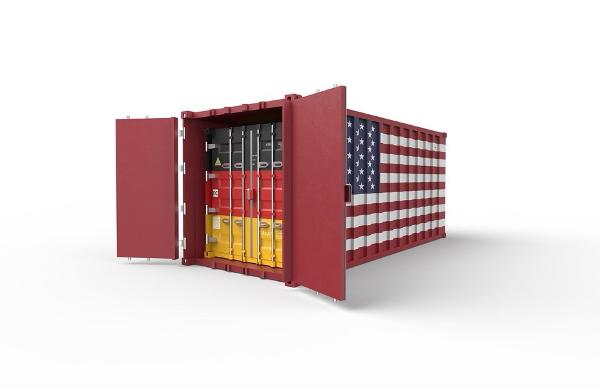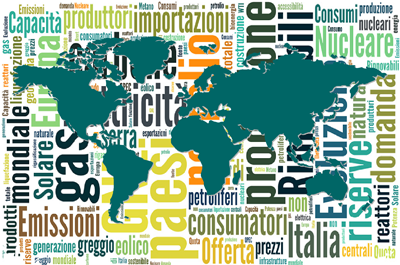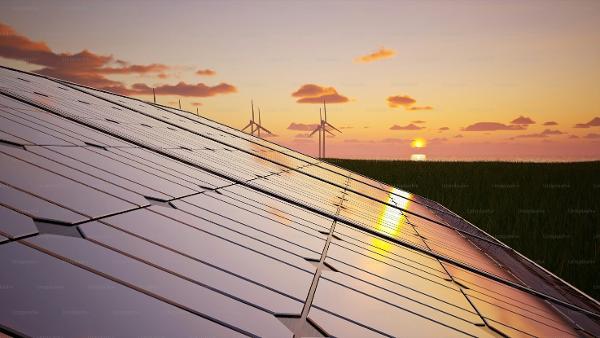Zukunft Gas, the voice of the German Gas and Hydrogen Industry, expresses its profound appreciation for the pivotal role the United States has played in stabilizing Europe's energy supply following the unlawful invasion of Ukraine. In the past two years, Europe has emerged as the most significant customer for US gas, and the US has become the most important gas supplier for Europe. Our fast-growing energy partnership demonstrates the fundamental change of energy markets and also demonstrates the potential for a long-term partnership built on common values and goals.
In response to the crisis, Germany has demonstrated remarkable agility in developing and securing its import capacity for natural gas, a process that will continue to expand in the coming years. This rapid development has been crucial in mitigating the immediate impact of Putin's energy terror and setting a foundation for future energy security. We are particularly grateful to the US LNG industry for their swift reaction and the rapid ramp-up of supply, which has been instrumental in stabilizing the energy market during these tumultuous times.
The fact that the newly acquired LNG does not yet fully compensate for the gas previously sourced from Russia underscores the critical need for ongoing and augmented LNG imports from the US. Furthermore, additional volumes of US LNG are crucial for European energy security, particularly in the face of potential future supply shortfalls due to geopolitical instability and reduced domestic production.
The possibility of additional US LNG export capacities not materializing raises concerns about exacerbating the global supply imbalance, potentially extending the period of price volatility in Europe and leading to increased prices. This could have severe implications for economic stability and social impact. In the two years following the Russian invasion of Ukraine, Europe has worked tirelessly to secure the price stability of natural gas, with significant contributions from like-minded countries, including the United States. It is essential for the US to continue standing with Europe, particularly during a time of war, where we are united in protecting our shared values. We must not inadvertently trigger a new period of price volatility in Europe due to policy-driven LNG shortages. US LNG also provides opportunities for job creation and economic development in the US, with economic analyses indicating minimal impact on domestic US gas prices.
The development of new LNG import terminals in Germany is based on the expectation of stable supply relationships with the US. Any doubts about the stability of US LNG supplies risk jeopardizing these vital infrastructure projects, potentially leading to further price volatility. US LNG is essential for Germany's energy transition, which is working to phase out coal in power production by 2030. Substituting a power plant operating on domestic lignite with a gas-fired power plant can result in a reduction of the CO2 footprint of the electricity produced by almost 70%. Limiting US LNG exports would likely lead to increased coal consumption in Germany, with detrimental effects on the climate and environment. We are committed to addressing climate change and specifically the issue of methane emissions. Consequently, we welcome sensible regulations aimed at enhancing transparency across the entire value chain of gas. Such measures are crucial for building trust and demonstrating that the mitigation of methane emissions is not only a priority but also technically feasible. The European gas industry is a leader in this area, and we are on track to implement some of the most stringent methane emission regulations globally. The US administration's efforts in this field are also noteworthy. Therefore, historical data from older installations should not be used to hinder the development of new installations that apply industry best practices. Instead, our objective should be to develop transatlantic standards and certification systems focused on eliminating any mistrust towards natural gas, particularly emphasizing its low carbon footprint.
We urge the US administration to consider the broader implications of any restrictions on LNG exports to Europe and to build a foundation for a trustful long-term energy partnership with the perspective of developing it towards the climate targets. Our mutual support is critical at this time, as we collectively navigate the challenges posed by the Ukraine war and the climate change.




















